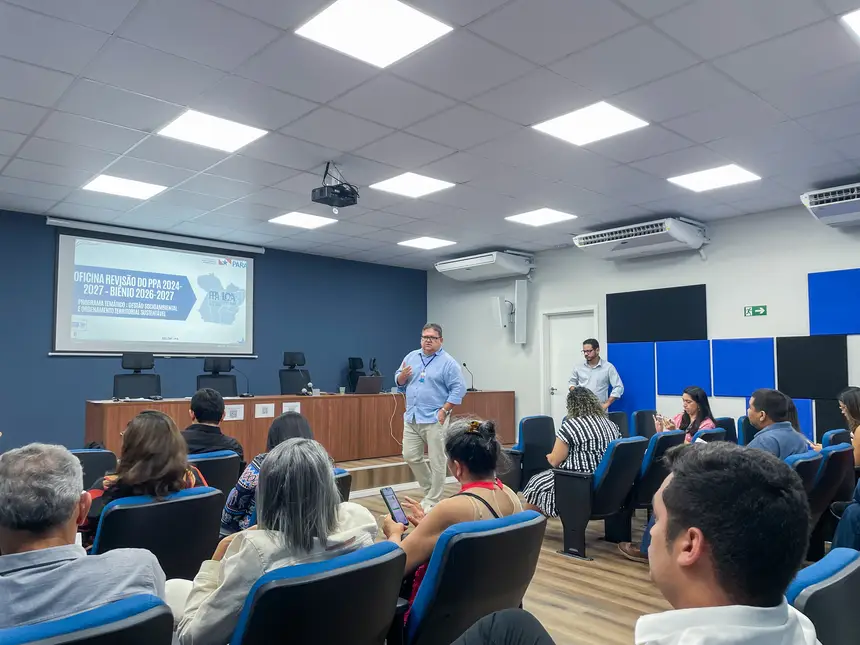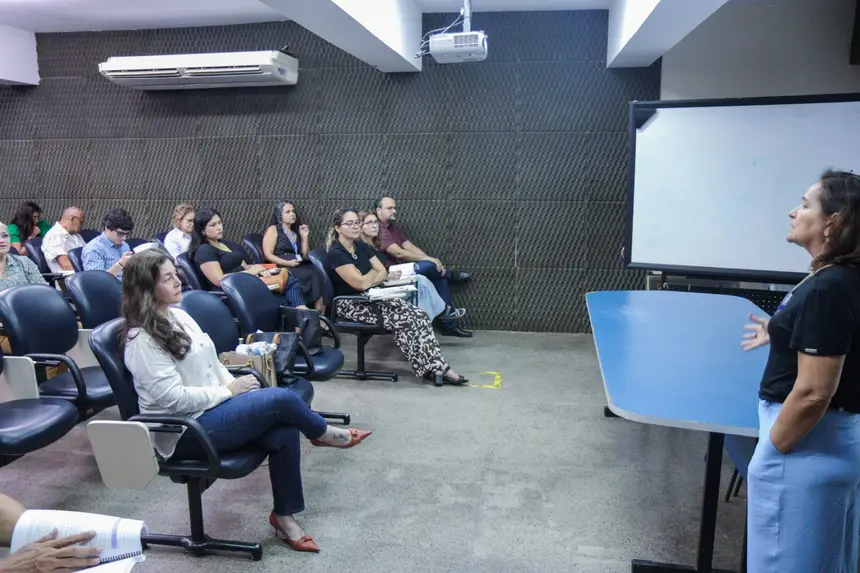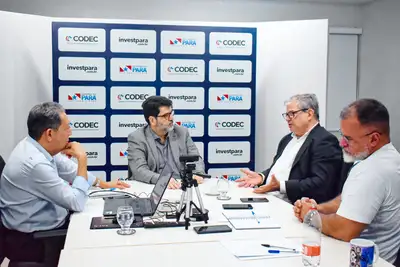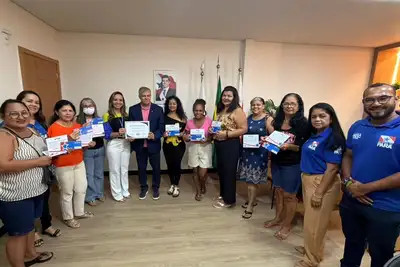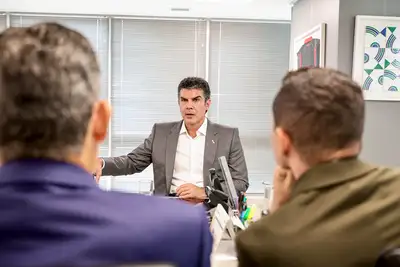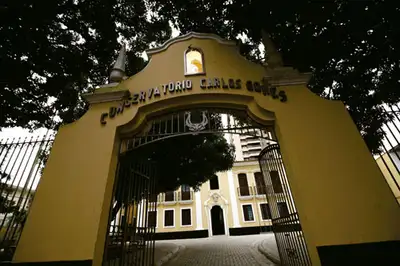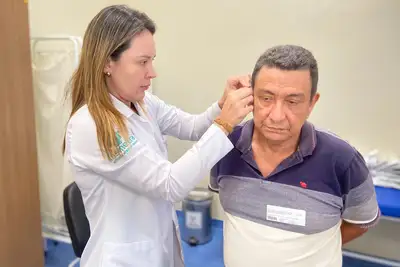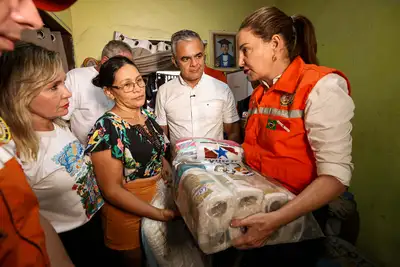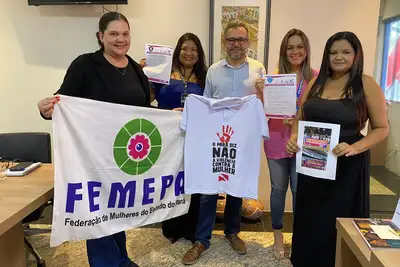Seplad concludes 2nd cycle of PPA 2024–2027 Review Workshops
The initiative reflects the commitment to transparency, participation, and effectiveness in conducting public policies
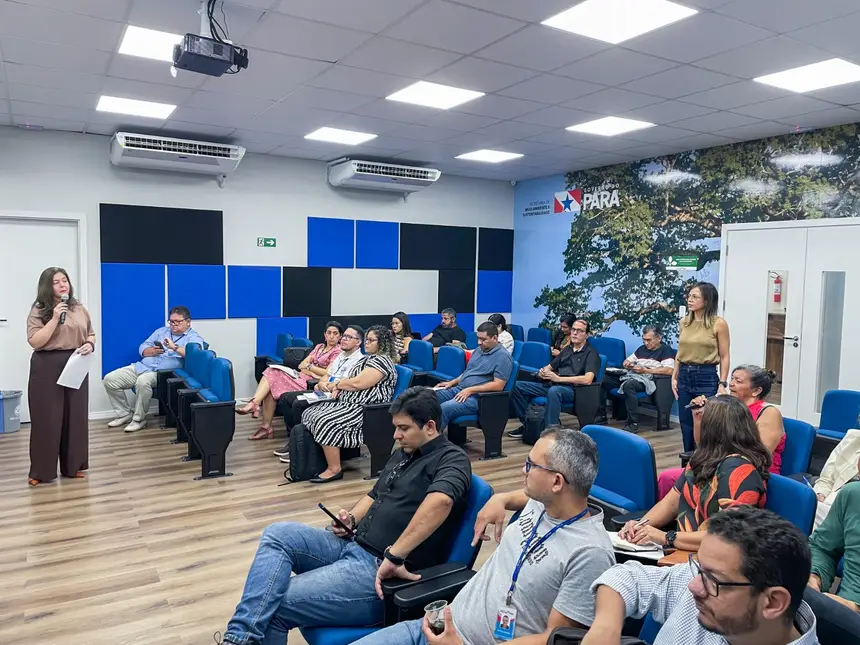
Conducted by the State Secretariat for Planning and Administration (Seplad), the review workshops of the Multiannual Plan (PPA) 2024 - 2027 concluded this Monday (19), in Belém, after an intense program that involved the participation of various state agencies. Focusing on active listening and the strategic planning of government actions, the meetings were organized according to the axes and programs that make up the Plan.
During the workshops, representatives from secretariats, foundations, autarchies, and other public institutions gathered to update goals, evaluate indicators, and align guidelines based on the priorities of the state management. The initiative reflects the commitment to transparency, participation, and effectiveness in conducting public policies.
“The PPA review workshop process is a step already foreseen in the regulations of the review process, which implies detailing what needs to be adjusted in the plan. This contact with the executing organizations of the PPA and the process that has been triggered in these institutions is now placed in the workshop, is now demanded in the workshops, and it is expected that the plan will be better adjusted, better suited, so that all objectives, goals, and commitments indicators are truly achieved by the end of the plan,” explained Bernadete Almeida, management analyst at Seplad.
More than 15 programs were discussed in various areas, such as public governance, sustainable development, security, education, infrastructure, innovation, health, social assistance, citizenship, human rights, among others.
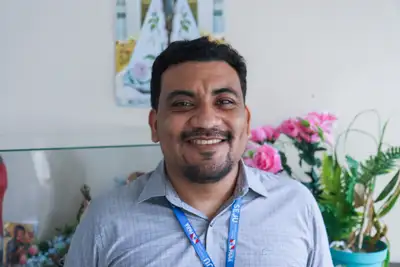
“The importance of the workshop for the secretariats, specifically for the State Secretariat of Justice (Seju), is precisely to revisit how much we have actually managed to achieve what we set out to do at the beginning of the PPA, within our possibilities, and to see with what we have already done, what can be changed, in order to reach a larger population. In addition to also seeing what our potential is that we have learned over these two years, which we can request changes so that we can show more, deliver more services and public policies to the population that needs it,” said João Silva, psychologist from the Justice Directorate of Seju.
For Maria Bentes, a civil servant from the State Secretariat for the Environment and Sustainability (Semas), the workshops play a fundamental role in the integration between agencies and the benefits of this collective construction.
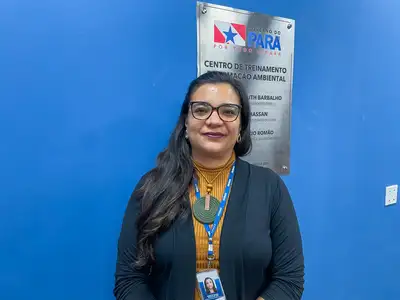
“When we come to a workshop like this integrated among the agencies that already work together, such as Ideflor-Bio, Semas, and Emater, we generate a greater understanding of the actions being carried out and we can relay to Seplad the integration of these actions. Because when you talk about environmental regularity, when you are serving a community, when you are considering the socio-environmental issue, you are not considering boxes, you are not considering processes, you are considering people. And for a person to be able to produce, they need land regularization, environmental regularization, they need to develop projects, so it is somewhat related to various agencies. So it is very difficult to account for this in isolation. That is why this moment is important for this integrated discussion and to improve this understanding that we, the process as a whole, is integrated, it is much broader than we can verify in terms of PPA,” said the civil servant.
The conclusion of the workshops represents an important step in the process of building a PPA more adjusted to the reality of the state, with clear goals and measurable results. The contributions collected now proceed to technical systematization, which will support the new version of the document to be presented to the control agencies and society.



